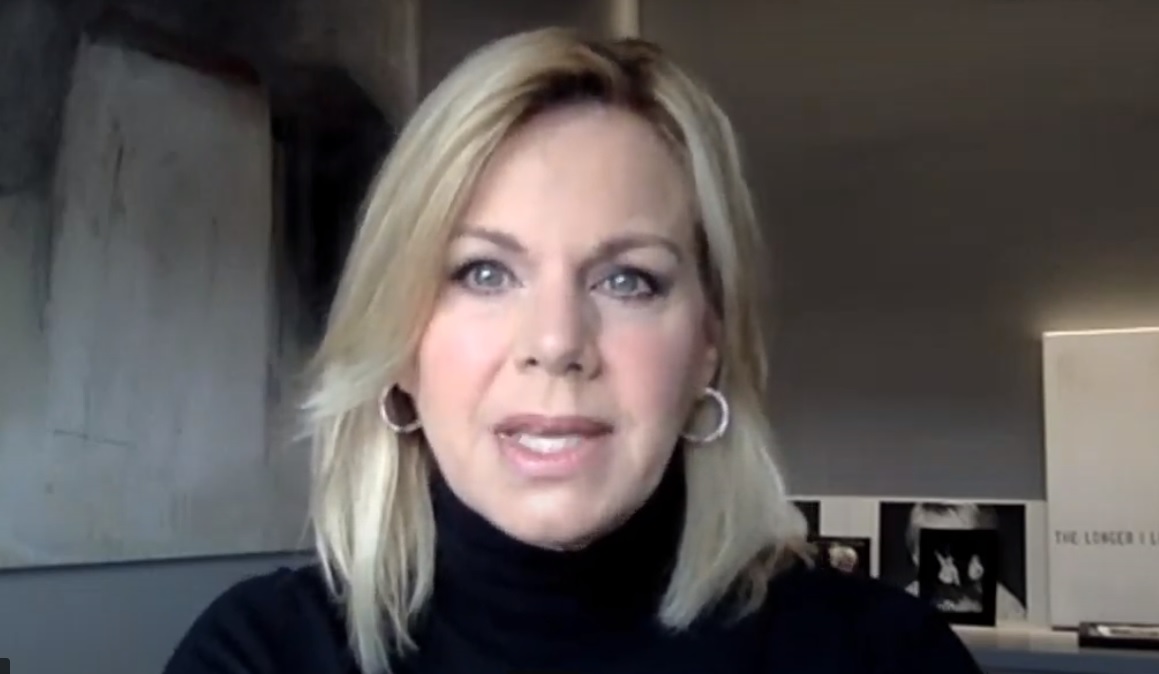Ex-Fox News Anchor Gretchen Carlson Testifies on Forced Arbitration
House bill would ban such contract clauses

The smarter way to stay on top of the multichannel video marketplace. Sign up below.
You are now subscribed
Your newsletter sign-up was successful
Rep. Hank Johnson (D-Texas) has reintroduced a bill, the Forced Arbitration Injustice Repeal (FAIR) Act, that would eliminate the clauses in many contracts, including for on-air personalities, that limits their legal recourse for workplace issues, and that is just fine with former Fox News anchor Gretchen Carlson, who has advocated strongly for legislation ending the practice.
Also Read: Gretchen Carlson Documentary Debuts
Carlson testified at a hearing on the issue and the bill in the House Antitrust Subcommittee Thursday (Feb. 11). She said she believed the bill would "change the landscape of the American workplace."
Back in 2016, Carlson sued her Fox News boss, Roger Ailes, alleging she had been fired after rebuffing Ailes's sexual advances and reporting workplace issues. Ailes died in 2017. Her actions helped prompt the #MeToo movement and, as she pointed out, opened a floodgate of allegations against Bill O'Rielly, Les Moonves, Charlie Rose, Mark Halperin and other media figures.
She told her legislator audience that forced private arbitration of workplace complaints is a harasser's best friend because it silences victims and the "secret chamber" of arbitration "perpetuates the systemic problem of protecting predators and pushing women out of the workforce."
Also Read: Gretchen Carlson Examines Sexual Harassment
She said that the result of arbitration is that "the woman will likely be blacklisted, demoted and fired from her job." Then there is the fact that there are "limits on discovery and no appeals," in that arbitration, and no legal precedent is being set since it is not taking place in a court. Then there is the fact that the proceeding is secret so no one at their place of employment will ever know what happened.
The smarter way to stay on top of the multichannel video marketplace. Sign up below.
Roger King, senior labor and employment counsel for the HR Policy Association said he was the only witness who had been involved in arbitration. He said proponents of arbitration were not defending any form of sexual harassment. But he said he wanted to "level set" the issue by pointing out that Carlson didn't go through the process. "I would note I don't believe you ever went through the arbitration process. You were able to get your story out without any impediment and, indeed it made news, and news that was followed."
He said arbitration has many "positive attributes," including that it was quicker and less expensive.
He said said he would call the bill "The Forced Litigation Act," where employers would have more advantages. He said discussions of secrecy or confidentiality were "a total red herring."
Carlson countered that confidentiality was one of the key elements of her arbitration contract and that that such a contract was an effort to prevent her from telling that story.
Contributing editor John Eggerton has been an editor and/or writer on media regulation, legislation and policy for over four decades, including covering the FCC, FTC, Congress, the major media trade associations, and the federal courts. In addition to Multichannel News and Broadcasting + Cable, his work has appeared in Radio World, TV Technology, TV Fax, This Week in Consumer Electronics, Variety and the Encyclopedia Britannica.

